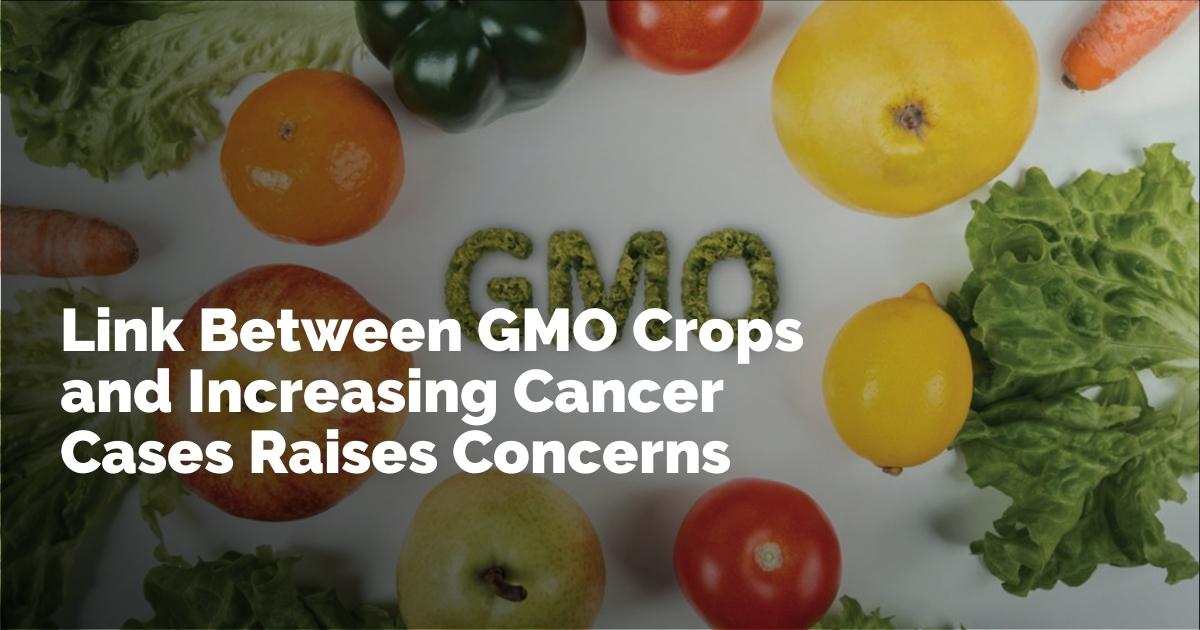The Dangers of GMO Crops: Rising Health Concerns in Africa
Genetically modified organisms (GMOs) have long been a topic of heated debate across the globe. Recently, in a public hearing organized by Nigeria's House Joint Committees on Agricultural Production and Services, as well as several other sectors, 92 African Civil Society Organizations (CSOs) came together to voice their concerns. They argued that the growing incidence of cancer and other life-threatening diseases could be linked to the consumption of GMO crops within the country. The hearing provided a platform for these CSOs to call for immediate governmental action to prohibit GMOs, highlighting their potential hazards to both human health and the environment.
Understanding GMOs and Their Impact
During the hearing, the Health of Mother Earth Foundation (HOMEF) led the coalition of CSOs in presenting a detailed document that outlined the dangers associated with GMOs. According to HOMEF, GMOs are products of genetic engineering which allow scientists to manipulate genetic material at a cellular level. This process enables the transfer of deoxyribonucleic acid (DNA) from one organism to another, which wouldn't naturally occur. This genetic manipulation has been extended to include the modification of food crops and animals, raising concerns over potential disruptions to ecosystem balance, negative impacts on agriculture, and possible destruction of local economies.
Global Response to GMOs
The apprehensions surrounding GMOs are not restricted to African shores. As testified by the CSOs, international reactions have been significant, with 19 European Union countries, several nations in Asia, two in Africa, and five in the Americas having banned these genetically altered products. This information underlines a prevalent global skepticism and a trend towards more organic farming practices. Furthermore, approximately 64 countries worldwide mandate that manufacturers label GMO-containing products, empowering consumers to make informed choices regarding their dietary preferences.
Divergent Opinions on GMOs
The debate surrounding GMOs is multifaceted. Chairman of Nigeria's House Committee on Agricultural Production and Services, Bello Kaoje, acknowledged the dual nature of this global debate. While GMOs are argued by some to bolster food security and agricultural productivity, others are wary of their long-term implications on health and the environment. This dichotomy of opinions highlights the complexity of the issue and the need for comprehensive engagement with key stakeholders to derive a balanced approach.
Environmental and Health Risks
The grievances raised about GMOs extend beyond mere speculation. Critics argue that introducing genetically engineered organisms into ecosystems could cause unforeseeable repercussions. They may not only displace native species and provoke ecosystem imbalances but also lead to the proliferation of pests and superweeds resistant to conventional herbicides and pesticides.
What's more alarming is the alleged association between GMOs and health ailments. The coalition led by HOMEF called for heightened scrutiny, presenting evidence that links GMOs to increasing cancer rates and other diseases. Their argument reflects a critical need for regulatory bodies to adopt stringent vetting processes for GMO crops, ensuring public safety remains paramount.
Supporting Scientific Evidence and Common Concerns
The CSOs' arguments are not devoid of scientific backing. Studies have signaled potential health risks associated with consuming GMO products, including allergic reactions and other adverse impacts. While conclusive evidence remains elusive, the precautionary principle is invoked by many, advocating for careful assessment and regulation of genetically modified products.
Moreover, there's concern about the socio-economic consequences of GMOs, particularly in developing regions. Critics argue that reliance on GMO crops could marginalize smallholder farmers by rendering traditional farming methods obsolete, subsequently causing loss of biodiversity and threatening food sovereignty.
Navigating the Future of GMOs in Agriculture
The contentiousness surrounding GMOs calls for comprehensive dialogue among stakeholders in agriculture, science, public health, and governance. Policymakers face the challenge of balancing technological advancements in agriculture with conservation of ecosystems, protection of consumer health, and safeguarding indigenous farming practices.
While proponents of GMOs argue their potential in combatting global food shortages, detractors fear the moral and ethical implications they present. In regions like Africa, where traditional agriculture plays a pivotal role in sustenance, the repercussions of fully embracing GMOs need to be meticulously evaluated.
Conclusion: The Path Forward
As the debate over GMOs continues, the message from these 92 African CSOs rings clear: the well-being of the population and preservation of the environment must take precedence. It's critical for nations, particularly those in developing areas, to adopt policies that prioritize public health and ecological sustainability.
To ascertain the path forward, fostering an informed public and implementing robust food safety standards are crucial. As citizens grow more conscious of their dietary choices, the inclination towards organic and non-GMO alternatives gains traction, ushering an era where consumers demand transparency and accountability.
Ultimately, as the world grapples with the complexities of GMOs, the shared goal should be creating a healthier, more sustainable future that respects both human health and the intricate webs of natural life.
출처 : Original Source

